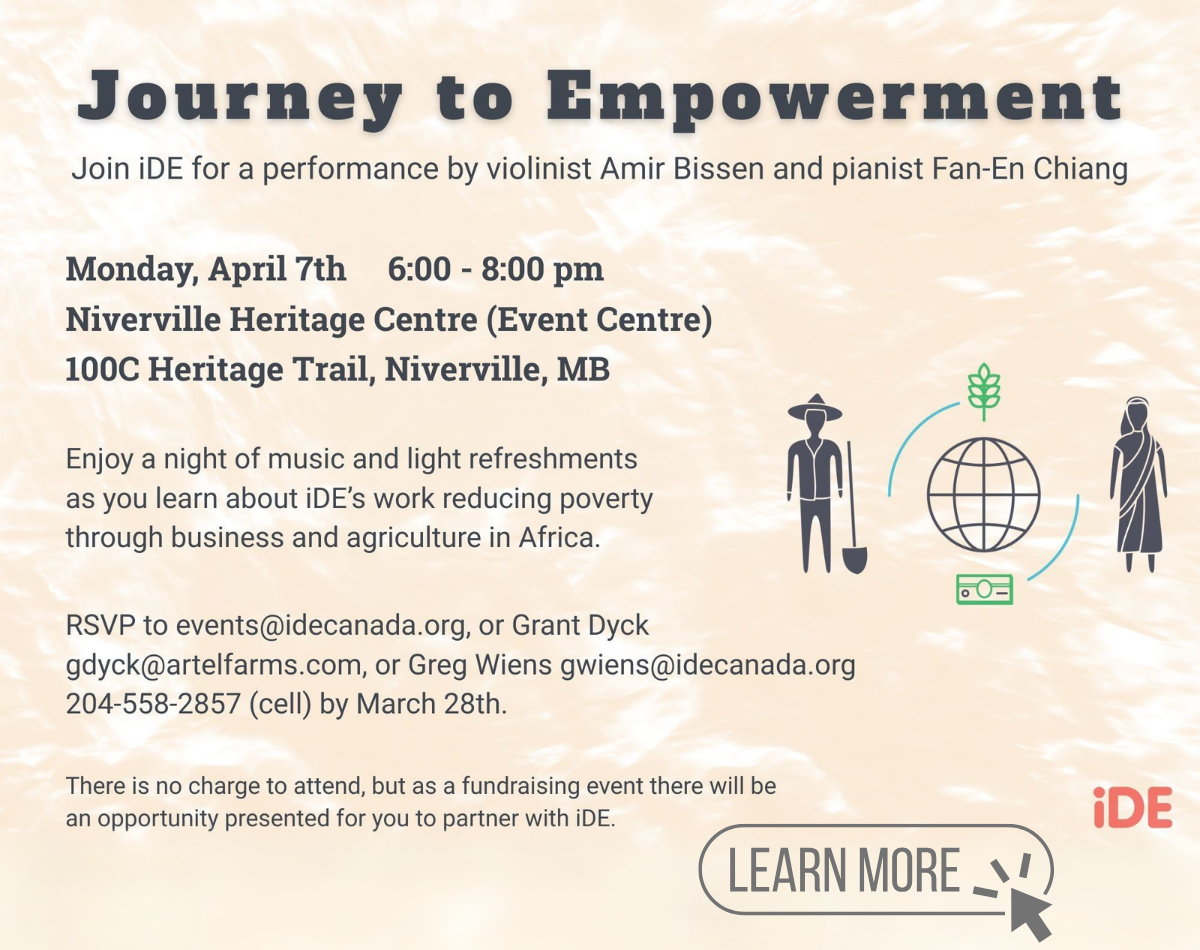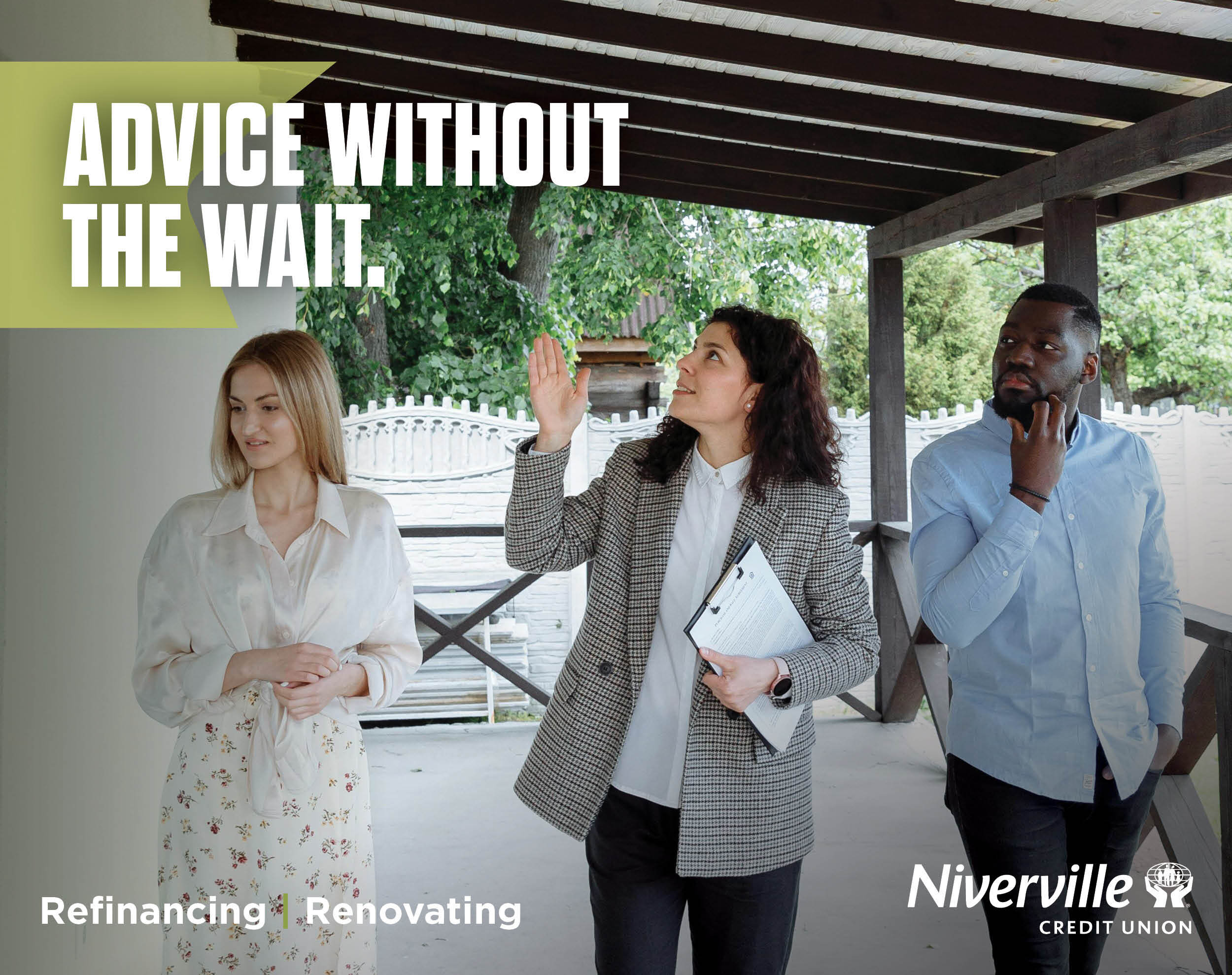
In today’s world of uncertainty and turmoil, it would seem we are past the age of innocence. If you read and listen to both conventional and social media, you may have noticed that this has united many people. In others it has sparked fear, and not only fear but anger, frustration, and an alarming level of intolerance.
Is the world today so different from the past? If you compare it to the relative peace and prosperity we’ve enjoyed in the Western world through much of the last quarter-century, then perhaps it is. Historically, we have faced challenges and found our way through them, although we came out different at the end, for better or worse. For example, the FLQ crisis of the 1970s, and the government’s reaction to it, had much of Canada worried about the core fabric of our confederation. It brought some underlying frustrations to the surface. These frustrations had to be dealt with and our confederation has been strengthened because of it.
As the saying goes, “Nothing wagered, nothing gained.” We tolerate risk every day. Normally we look at the world pragmatically and take reasonable risks without worrying about all the worst-case scenarios and what-ifs. But when we are bombarded with bad news and extremes, we can become afraid—and as our fear grows, we take fewer risks. This is self-preservation. However, by protecting ourselves and taking fewer risks, we can limit all sorts of positive outcomes.
We don’t have to face these tough questions in times of peace. We skip happily and carefree through the world without fear. In municipal politics, we see very little public engagement when the local economy is doing well. At the height of prosperity and growth, most members of the public remain indifferent. Fast-forward to a time of challenged real estate markets, additional tax pressure, and elevated crime, and suddenly public engagement hits an all-time high.
It is important to remember that increased public engagement—for example, on the subjects of terrorism, questionable leadership, etc.—is not necessarily the result of people changing their attitudes. It can just as easily be the result of their fear driving them to selfishness, all in the name of protection.
I would suggest, though, that while fear is negative, becoming more engaged is positive. I will take engagement above indifference regardless of our disagreements—with a few exceptions.
The first exception is for those who choose an extreme position on any issue, either arguing from the moral high ground or shaming those who have any hesitation, or those pessimists who do nothing but build walls around themselves and instill additional fear in others. Very few issues are ever simple enough to have a black-and-white answer, so a moderate and calculated approach is usually the best one.
The second exception is reserved for those who seek to preserve themselves through attacking people personally rather than debating their ideology. Such arrogance also builds walls, not bridges of discussion.
When I talk of “those,” I speak of individuals, the media, and world leaders. We see the actions of our leaders through policy and the bias of media through their reporting. These are difficult to control. (Although you can make your voice heard by voting, either on the ballot or with your wallet.) What we can control is ourselves. How are we responding and commenting to others, in person and on social media? Are we keeping it respectful and opening up further dialogue? Or are we building walls?
The challenges we face today will be resolved in one form or another. Having productive conversations on our diverse opinions will always produce the best solutions. But most importantly, such conversations will leave the fewest relationship scars when the dust settles.




















